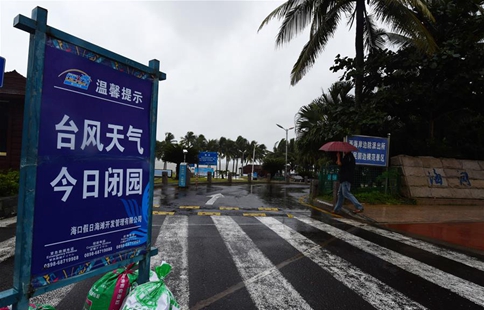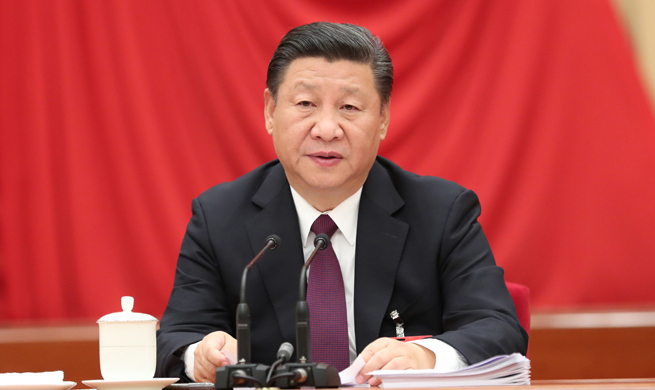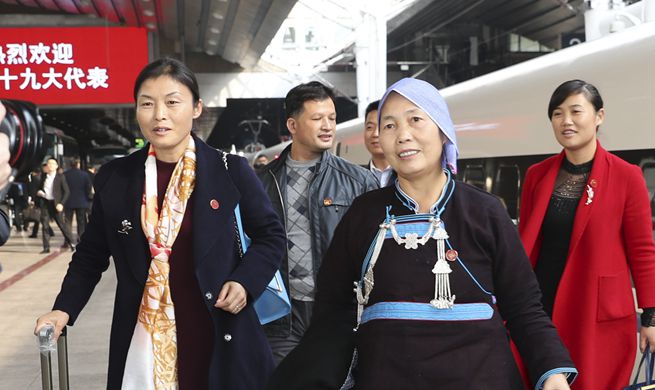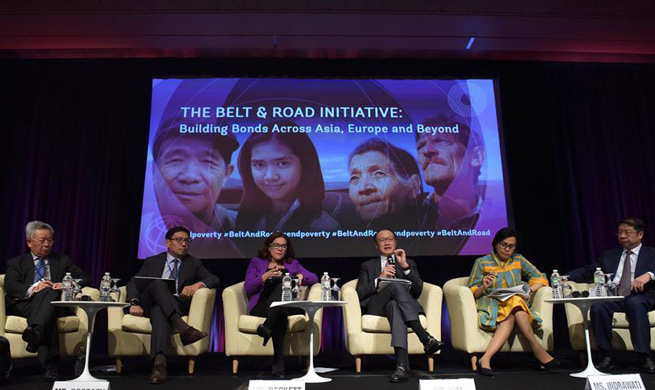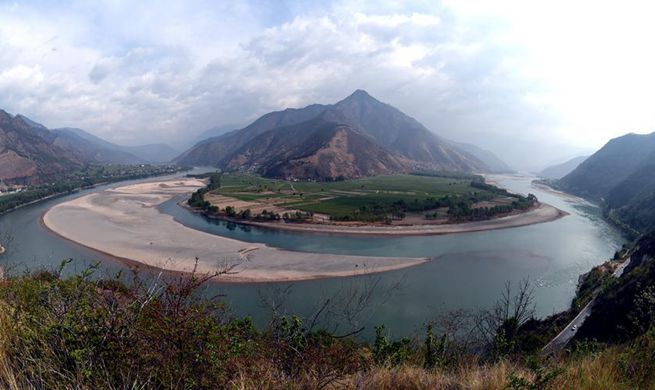by Xinhua writers Li Ming, Yang Shilong
NEW YORK, Oct. 16 (Xinhua) -- China's ongoing economic transformation has provided great new opportunities for multinational corporations operating in the country, Rachel Duan, president and CEO of General Electric (GE) China, told Xinhua in a recent interview.
"China has entered a 'new normal.' The source of its growth is shifting from the old days of export, investment-led to more consumption- and innovation-driven...We see tremendous opportunities from this," said Duan.
EVOLVING ENVIRONMENT
Headquartered in Boston in the northeastern U.S. state of Massachusetts, the GE was one of the first multinationals to enter the Chinese market over a century ago.
In terms of investment environment, "plenty has changed compared with 30 years ago when China just started to open the door," Duan noted.
The first change is China itself. "The economy has been growing tremendously in the past decades, and the homegrown demand has become a large draw for the multinational wanting to come to China," the CEO said.
"(The multinationals) no longer just come here to open up a market; you really want to be here for a long term, be part of the community and better serve the Chinese consumers," she added.
Duan, who has been working at the GE for some 20 years, noticed that the competitors have also changed.
"We no longer just compete with multinationals in China, but also the upcoming Chinese companies," she said.
Over the years, the fast growth of China's capability in engineering, product development and manufacturing has forced the company to compete at a faster speed, according to Duan.
A third change the GE has witnessed is the improvement of overall regulatory environment in China, which Duan regarded as the key to making the country "a really fair-trade market." "We have seen that the Chinese overall industry regulation standards have continued to raise the bar, to meet the international standards, which I think is a great trend," she said.
NEW OPPORTUNITIES
In recent years, rather than adopting large-scale stimulus, China has been intensifying efforts to shift the economy towards consumption, services and innovation, which has opened new doors for multinationals like the GE.
As the world's leading digital industrial company, the GE has realized the fastest growth in the past 20 years, which coincides with the fast economic development in China, said Duan.
She expected the group to further ride the wave of China's deepening economic reform, especially in fields like clean energy, healthcare, aviation and infrastructure.
"China is already the world's No. 1 energy market in terms of installation base, and what is more exciting is, it is changing from coal- dominated to clean, renewable energy and gas. That is a great opportunity," she said.
Meanwhile, in face of an aging population and rising middle class, China's health care market has become increasingly attractive to the company.
"People have more money to spend and are willing to spend on healthcare, and the government we anticipate will continue to invest in healthcare programs," noted Duan, who is also head of the group's healthcare division in China.
In terms of aviation, the CEO pointed out that "if you look at the number of travelers, China is the second largest after the United States ... in the foreseeable future, the growth will be tremendous."
From Duan's viewpoints, the Belt and Road Initiative has offered the GE tremendous opportunities to partner with Chinese companies in infrastructure projects beyond the country.
Proposed by China in 2013, the Belt and Road Initiative comprises the Silk Road Economic Belt and the 21st Century Maritime Silk Road, aiming to build a trade and infrastructure network connecting Asia, Africa and Europe along ancient trade routes.
Over the past four years, the initiative has won support from over 100 countries and international organizations, with nearly 50 cooperation agreements signed, official data showed.
"The initiative is very visionary and really addresses some of the most needed infrastructure needs in the world," Duan said, adding that the company has benefited greatly by providing technology solutions to the related infrastructure projects.
Statistics from the GE showed that revenue from the energy infrastructure projects in the Belt and Road markets tripled from 711 million U.S. dollars in 2014 to 2.3 billion U.S. dollars in 2016.
Already the GE's second largest market after the United States, China will continue to be the company's major hub for the Asia Pacific, and "hopefully for the world in the near future," said Duan, the first home grown CEO of GE China.
"We are very optimistic about China's growth prospects ... and we are going to continue to invest and localize our efforts in China," she added.









